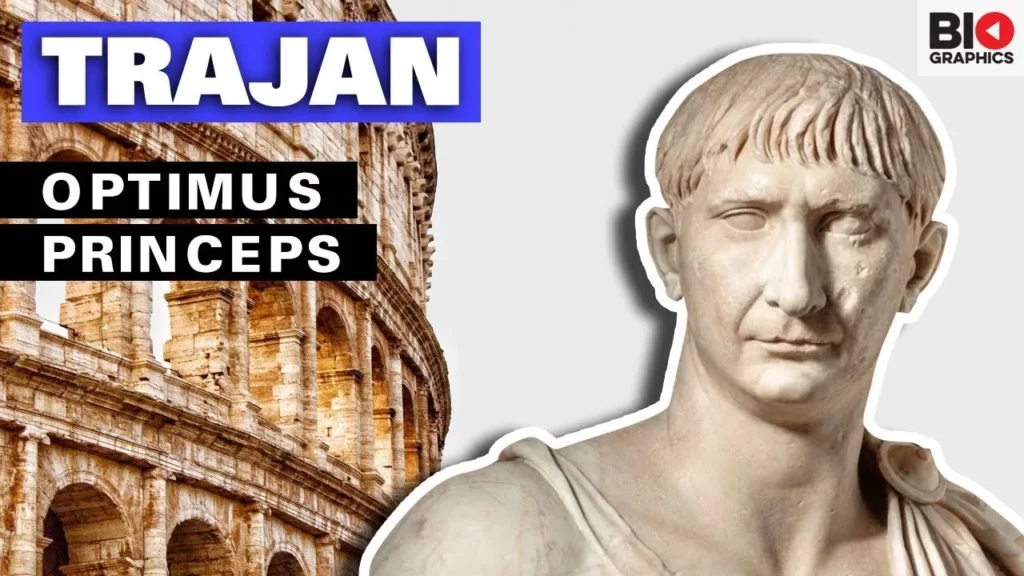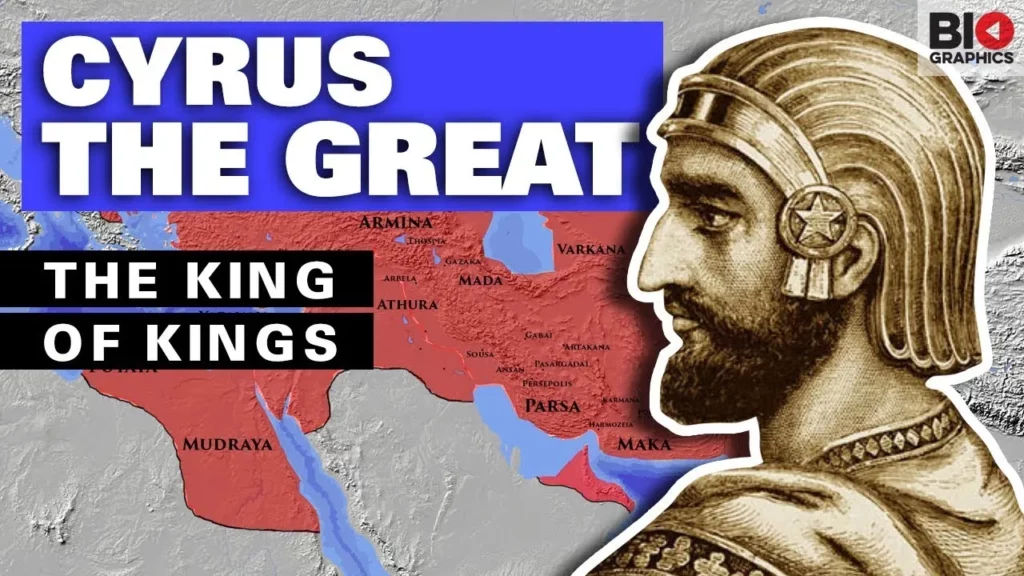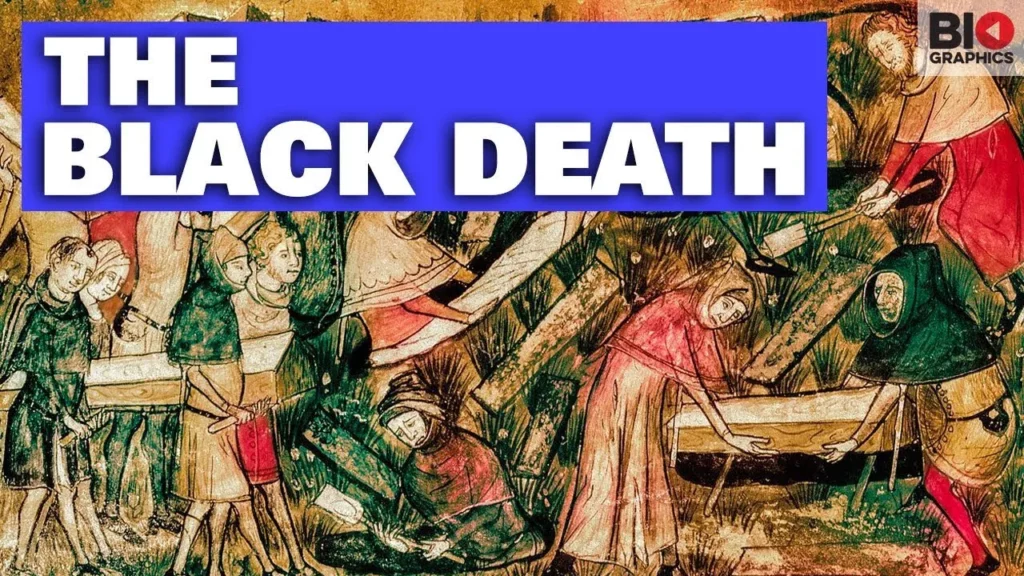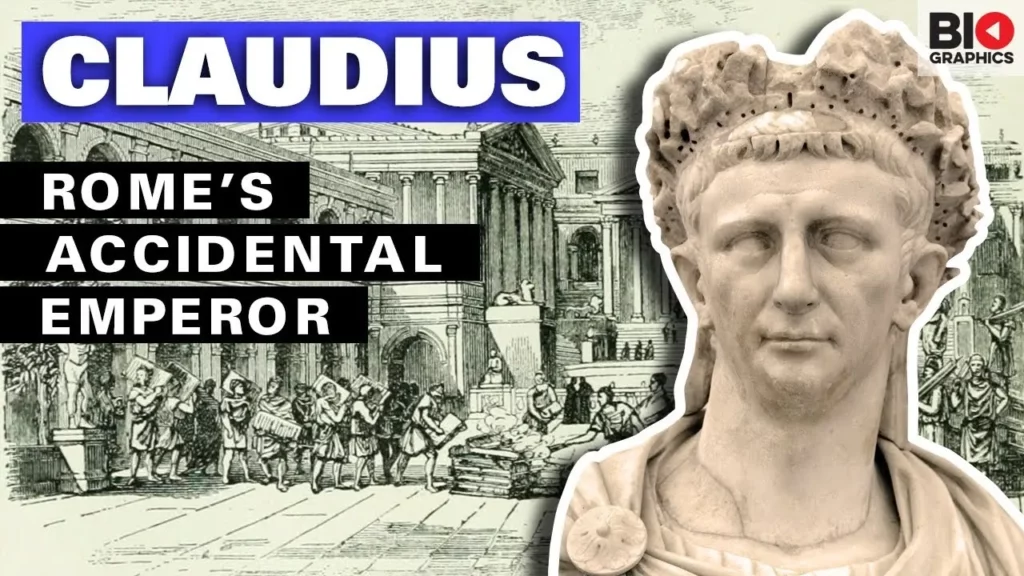Trajan: Optimus Princeps

The lesson on Trajan, known as “Optimus Princeps,” highlights his significant contributions to the Roman Empire during his reign from 98 to 117 CE. Celebrated for his military conquests, particularly the Dacian Wars, and extensive infrastructure projects, Trajan’s leadership fostered prosperity and welfare, earning him the admiration of both the Senate and the populace. His legacy as one of the “Five Good Emperors” exemplifies effective governance and the ideal qualities of a ruler in ancient Rome.
Cyrus the Great: The King of Kings

The lesson explores the life and legacy of Cyrus the Great, the founder of the Achaemenid Empire in the 6th century BC, highlighting his rise to power, military conquests, and innovative governance. It details his legendary beginnings, successful campaigns against the Median and Lydian empires, and the establishment of a satrapy system for effective administration. Additionally, Cyrus is remembered for his contributions to human rights, as exemplified by the Cyrus Cylinder, and his death in battle, which solidified his status as a significant historical figure.
The Black Death

The lesson on “The Black Death: A Journey Through History” explores the devastating impact of the bubonic plague that swept across Europe in the mid-14th century, beginning with the arrival of a ghostly ship in Bergen, Norway, in 1349. The pandemic, caused by the bacterium *Yersinia pestis*, resulted in the deaths of 20 to 60 percent of Europe’s population, leading to significant societal changes and a lasting legacy that highlights the fragility of life and the profound effects of pandemics on human history.
Bram Stoker: Resurrecting the Vampire

The lesson explores the life and influences of Bram Stoker, particularly focusing on his creation of the iconic vampire character in his novel *Dracula*. It delves into Stoker’s early life, his theatrical pursuits, and the inspirations drawn from his experiences and literary sources that shaped the novel’s rich narrative and themes. Ultimately, *Dracula* is highlighted as a pivotal work in horror literature, reflecting societal anxieties and innovative storytelling techniques that continue to resonate with audiences.
Catherine the Great: Russia’s Greatest Empress

Catherine the Great, the only woman to be titled “the Great” in Russian history, rose from humble beginnings to become one of Russia’s most influential empresses. Her reign from 1762 to 1796 was marked by ambitious reforms inspired by Enlightenment ideals, though she faced challenges such as wars and the complexities of her personal life. Despite her significant contributions to modernizing Russia and expanding its territory, her legacy is mixed due to her failure to abolish serfdom and improve the conditions of the lower classes.
Emiliano Zapata: Mexico’s Greatest Revolutionary

Emiliano Zapata emerged as a pivotal figure in the Mexican Revolution, championing the rights of the poor and advocating for land reform in response to the injustices faced by peasants under the dictatorship of Porfirio Díaz. His early experiences with land loss and poverty fueled his commitment to social justice, leading him to issue the influential Plan of Ayala, which called for land redistribution. Despite his assassination in 1919, Zapata’s legacy as a folk hero and advocate for the marginalized endures, inspiring future movements for equality and justice in Mexico and beyond.
Timothy Leary: Psychedelic Psychologist

Timothy Leary was a pivotal figure in the 1960s counterculture, known for his advocacy of psychedelic drugs like LSD as tools for self-discovery, encapsulated in his famous mantra “Turn on! Tune In! Drop Out!” His journey from traditional psychology to controversial experiments with psychedelics, including the Harvard Psychedelic Project, led to significant legal challenges and a lasting legacy that continues to provoke debate about the implications of psychedelics and societal norms. Despite his polarizing reputation, Leary’s life and work have left an indelible mark on American culture and the discourse surrounding mental health and consciousness exploration.
Saladin: The Conqueror of Jerusalem

The lesson on Saladin highlights his dual reputation as a generous leader and a strategic military commander who successfully reclaimed Jerusalem from the Crusaders. Born in 1137, Saladin rose to power by uniting Muslim factions and establishing the Ayyubid dynasty, ultimately leading to his significant victory at the Battle of Hattin in 1187. His legacy endures as a symbol of chivalry and respect, admired by both Muslims and Christians, despite the fragmentation of his empire after his death in 1193.
Jack the Ripper: The Killer from Hell

The lesson explores the chilling history of Jack the Ripper, a notorious serial killer who terrorized London’s Whitechapel district in 1888. Beginning with the brutal murder of Mary Ann Nichols, the lesson details subsequent killings, the emergence of the killer’s infamous identity, and the police’s struggle to solve the case amidst public fear and speculation. Despite extensive investigations and numerous theories, Jack the Ripper’s identity remains a mystery, leaving a lasting impact on crime history and popular culture.
Claudius: Rome’s Accidental Emperor

The lesson on Claudius, Rome’s accidental emperor, explores his unexpected rise to power amidst the chaos following Caligula’s assassination in 41 AD. Despite being born with a disability and facing ridicule from his family, Claudius proved his capabilities as a ruler through significant achievements, including the conquest of Britannia and important domestic reforms. His reign, marked by resilience and fairness, ultimately ended under mysterious circumstances, but he left a lasting legacy as a kind and decent leader in Roman history.